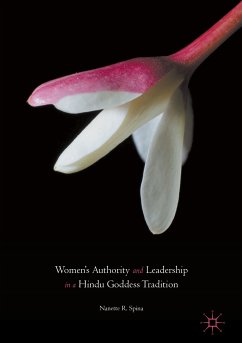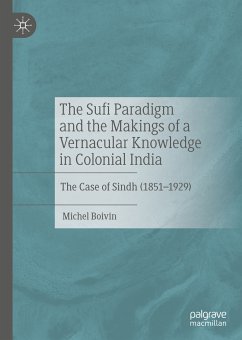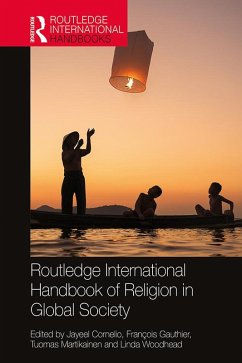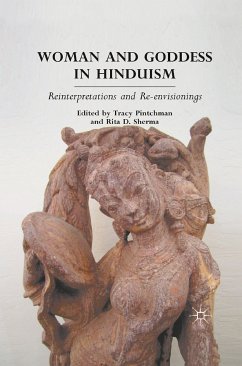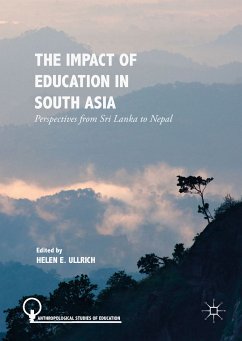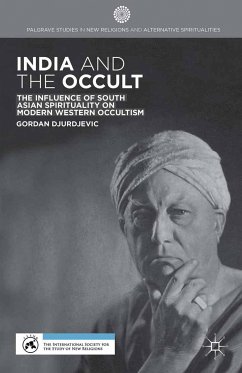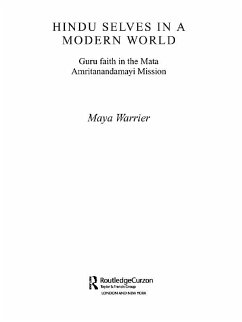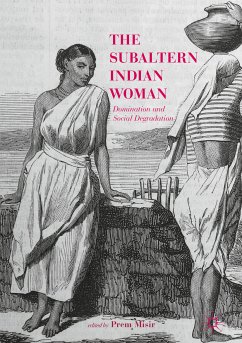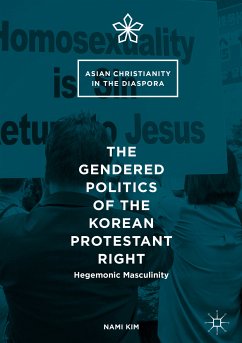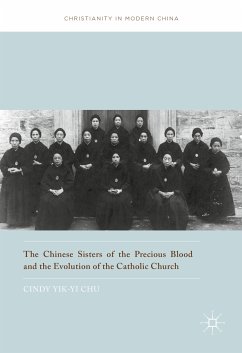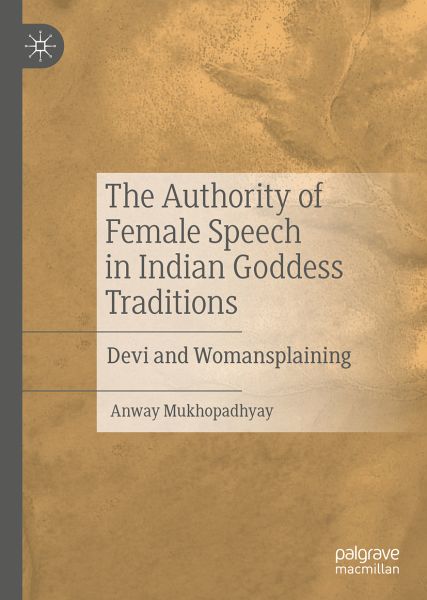
The Authority of Female Speech in Indian Goddess Traditions (eBook, PDF)
Devi and Womansplaining
Versandkostenfrei!
Sofort per Download lieferbar
72,95 €
inkl. MwSt.
Weitere Ausgaben:

PAYBACK Punkte
36 °P sammeln!
Contemporary debates on "mansplaining" foreground the authority enjoyed by male speech, and highlight the way it projects listening as the responsibility of the dominated, and speech as the privilege of the dominant. What mansplaining denies systematically is the right of women to speak and be heard as much as men. This book excavates numerous instances of the authority of female speech from Indian goddess traditions and relates them to the contemporary gender debates, especially to the issues of mansplaining and womansplaining. These traditions present a paradigm of female speech that compels...
Contemporary debates on "mansplaining" foreground the authority enjoyed by male speech, and highlight the way it projects listening as the responsibility of the dominated, and speech as the privilege of the dominant. What mansplaining denies systematically is the right of women to speak and be heard as much as men. This book excavates numerous instances of the authority of female speech from Indian goddess traditions and relates them to the contemporary gender debates, especially to the issues of mansplaining and womansplaining. These traditions present a paradigm of female speech that compels its male audience to reframe the configurations of "masculinity." This tradition of authoritative female speech forms a continuum, even though there are many points of disjuncture as well as conjuncture between the Vedic, Upanishadic, puranic, and tantric figurations of the Goddess as an authoritative speaker. The book underlines the Goddess's role as the spiritual mentor of her devotee, exemplified in the Devi Gitas, and re-situates the female gurus in Hinduism within the traditions that find in Devi's speech ultimate spiritual authority. Moreover, it explores whether the figure of Devi as Womansplainer can encourage a more dialogic structure of gender relations in today's world where female voices are still often undervalued.
Dieser Download kann aus rechtlichen Gründen nur mit Rechnungsadresse in A, B, BG, CY, CZ, D, DK, EW, E, FIN, F, GR, HR, H, IRL, I, LT, L, LR, M, NL, PL, P, R, S, SLO, SK ausgeliefert werden.



